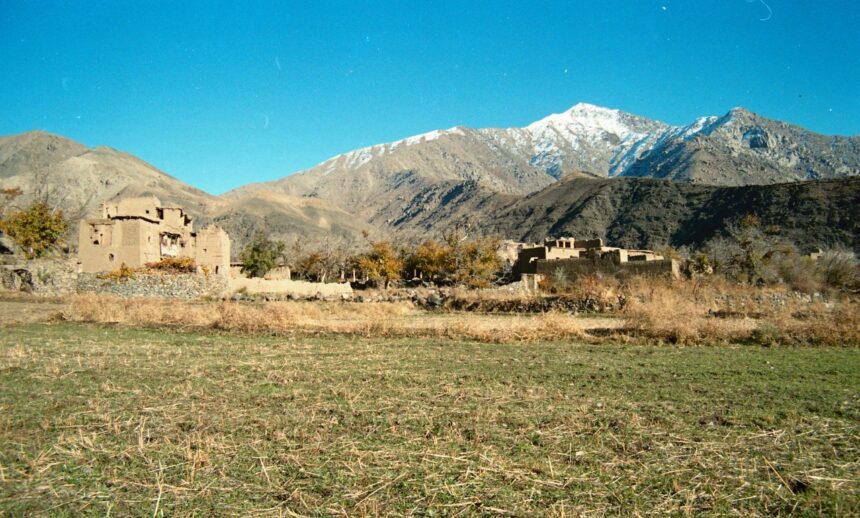RASC News Agency: Local sources in Takhar report that the Taliban have extorted approximately one million Kabuli rupees from teachers in the Khwaja Bahauddin district while distributing their three-year pension payments. According to these sources, Taliban officials forcibly deducted a portion of the teachers’ payments, claiming it as their “right” and insisting that the money must be handed over to them. On Wednesday, April 2, sources revealed that Mawlawi Abdul Kabir Haqpal, the Taliban’s director of education in Khwaja Bahauddin, along with two of his associates, Abdul Fattah Omari and Qiyamuddin Nazami, extorted between 300 and 500 kabuli rupees from each teacher.
This systematic extortion over the past three days has resulted in Taliban officials amassing nearly one million Kabuli rupees, which, according to reports, they intend to squander on personal luxuries, including financing multiple marriages. Sources further disclosed that the Taliban have threatened teachers with dismissal if they refuse to comply with these demands. Previously, reports emerged of similar extortion in Taloqan, Takhar, where teachers were coerced into paying money under the threat of salary suspension. Since seizing control of Afghanistan in 2021, the Taliban have institutionalized extortion and financial coercion across various provinces, forcing civilians to make payments under different pretexts. Teachers and public sector employees have frequently voiced frustration, stating that instead of supporting the people, the Taliban have turned governance into a system of financial exploitation.
Although the Taliban routinely deny such allegations, multiple credible reports and eyewitness testimonies confirm that Taliban members regularly engage in forced taxation, extortion, and financial coercion. Residents of Panjshir and Parwan have also lodged similar complaints, accusing the group of systematically looting civilian resources. Over the past three years, the Taliban’s widespread corruption, financial mismanagement, and exploitation of the public have fueled resentment and deepened Afghanistan’s economic crisis.






